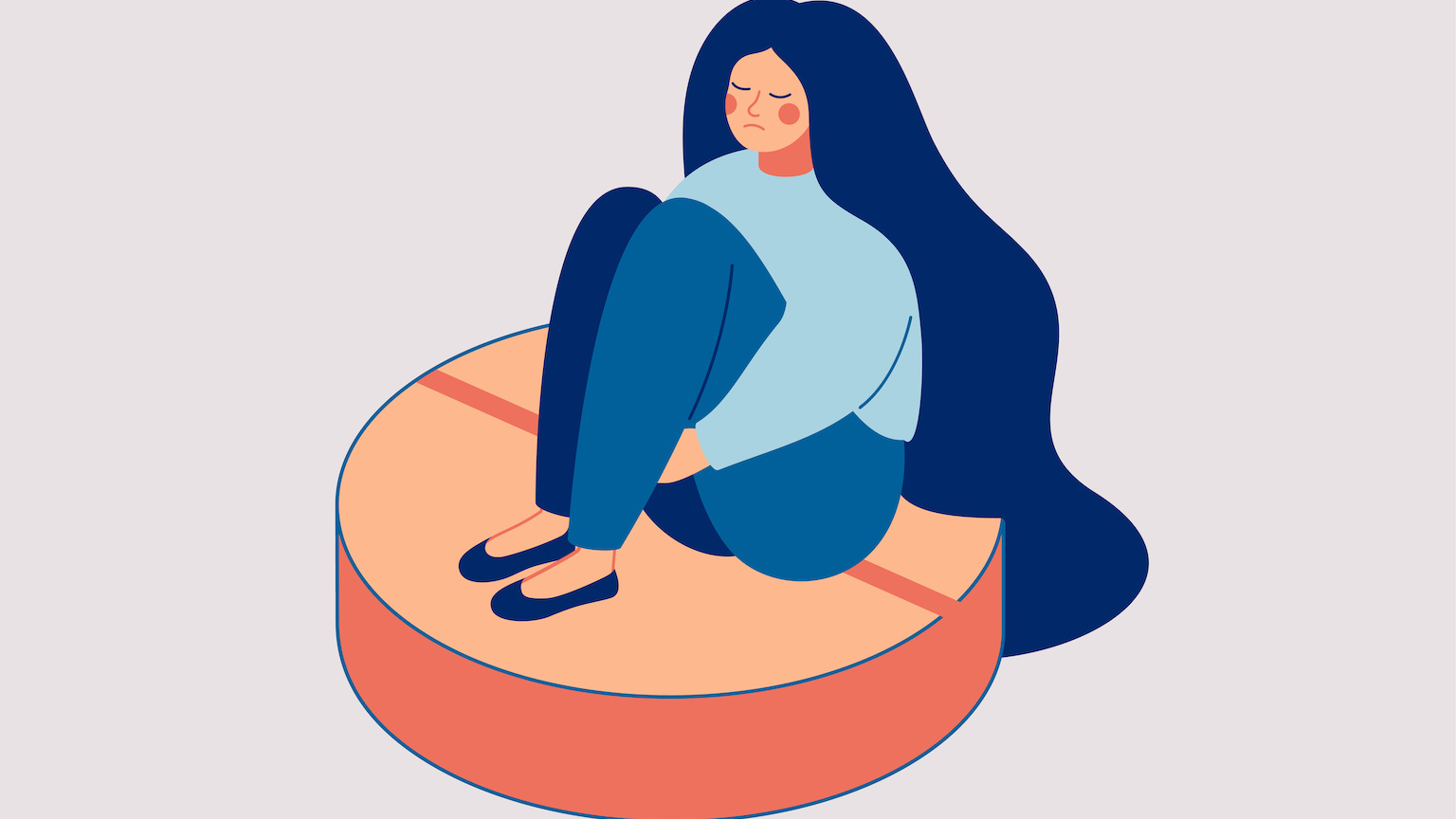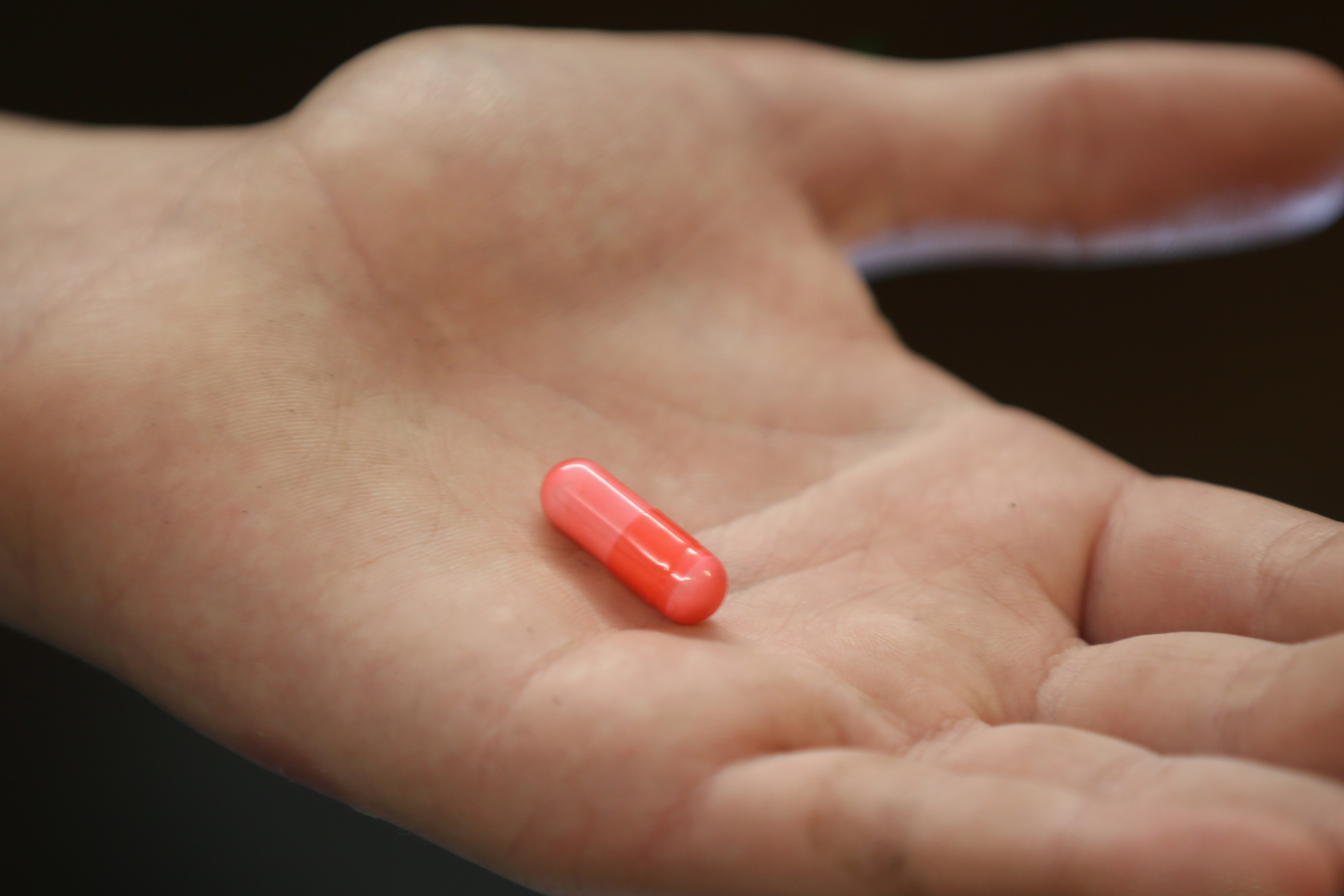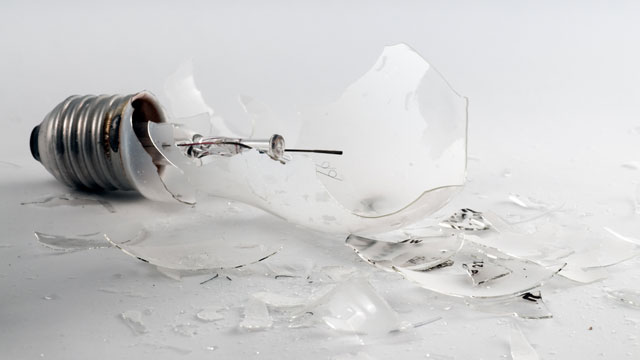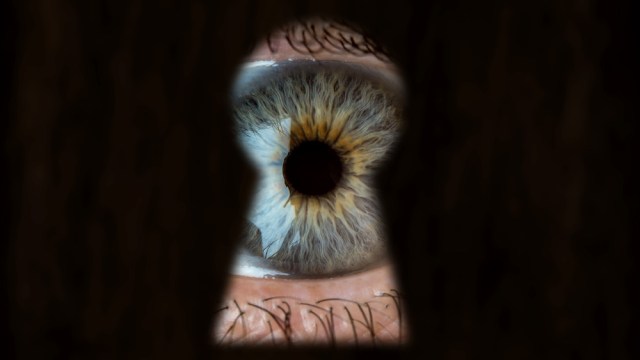Why is the placebo effect getting worse, but only in America?

- The placebo effect is mistakenly viewed as a physiological healing process triggered by belief or expectation, when in reality it is an improvement in perceived symptoms.
- A review found that from 1990 to 2013, the placebo effect for neuropathic pain actually grew stronger, but only in the U.S.
- Direct-to-consumer drug advertising, which is not allowed in most countries, might be partially to blame.
The placebo effect is commonly misunderstood as a positive effect solely prompted by a patient’s belief in a treatment, even if that treatment is intended to be inert. That’s overly simplistic. Here’s what the placebo effect really is:
In a clinical trial, an experimental treatment is compared to a treatment intended to have no therapeutic value. This is the “placebo.” For example, in a pharmaceutical drug study, some participants will receive the actual drug while others will receive a placebo pill with an inert substance. Any improvement experienced by those receiving a placebo compared to those who received no treatment at all, or simply compared to their baseline symptoms, is the placebo effect.
Six years ago, researchers at McGill University returned a fascinating finding. Analyzing the results of 84 clinical trials conducted between 1990 and 2013 exploring drugs to treat neuropathic pain, they found that the placebo effect actually grew stronger over that time, but only in the U.S. In other words, placebo pills given in 2013 seemed to reduce American patients’ self-reported pain much more than they did in the 1990s.
A strengthening placebo effect has also been seen in trials for psychiatric drugs. And this has genuine consequences. Fewer pharmaceuticals are being approved because they can’t contend with the rising placebo effect.
So what is going on? Are American placebo pills better than they used to be? Well, no, they’re still made of the same inert substances as always. What could be changing is Americans’ perceptions of pharmaceutical drugs. As Dr. Robert H. Shmerling wrote for Harvard Health:
“One theory is that the flood of direct-to-consumer drug advertising in the U.S. (which is not allowed in most other countries) increases patients’ expectations that a medication will help them. Stronger and higher expectations of a drug’s effectiveness may translate into a bigger placebo effect.”
Another explanation is that American clinical trials are growing more grandiose, and their increasing size, cost, and coddling of participants makes subjects expect to feel better, and so they do.
But there’s an even simpler explanation: clinical trials last much longer than they used to. Since 1990, the average clinical trial in the U.S. has gone from lasting four weeks to lasting twelve weeks. Why is this such a big deal? Because symptoms (especially pain) tend to naturally improve over time. If you’re feeling bad one day, it is likely that you will feel better a few weeks later. Thus, the longer a trial, the larger the placebo effect is likely to be.
This exposes a common myth: that placebos actually trigger some sort of innate healing ability. They do not. Placebos simply alter our perception of symptoms. This was beautifully demonstrated in a study comparing albuterol, a drug that opens airways, to two different placebo treatments for asthma. When asked, patients reported that the two placebo treatments improved their asthma symptoms just as well as albuterol. But when scientists actually examined patients’ lung function, only albuterol meaningfully improved airflow. Prior studies have also demonstrated that placebo interventions do not treat patients’ cancers, only their associated symptoms.
To summarize, the placebo effect is often mistakenly viewed as a physiological healing process triggered by belief or expectation, when in reality it is an improvement in perceived symptoms brought on by a variety of factors. It is a subtle distinction with large ramifications. Moreover, the likely reason we are seeing the placebo effect strengthen in the U.S. for some conditions is because clinical trials are growing longer and more elaborate, not because we are growing more adept at thinking ourselves into better health.





